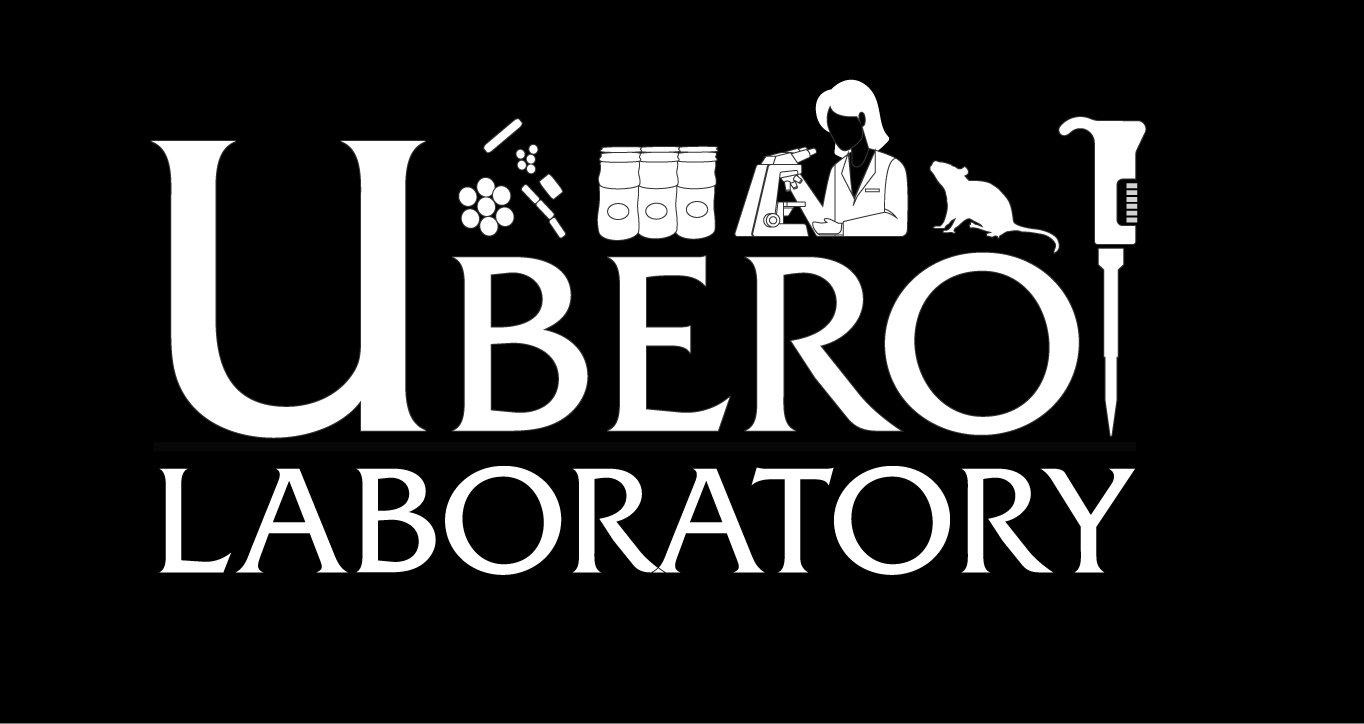We study host-microbiome-environment interactions at barrier interfaces
Effective epithelial barriers are essential to mammalian life and protect underlying organs from dehydration, inflammation, environmental exposure, and infections. Our lab aims to identify molecular and biochemical mechanisms that regulate barrier repair and integrity in homeostasis and diseased states.
Barrier homeostasis
We have shown that skin barrier function, epidermal differentiation, and recovery are dependent on commensal microbiota. However, mechanisms by which microbes regulate epithelial function, in presence of environmental insults are unknown. Check out this video explaining this area of research.
Wound infections
Barrier breach exposes underlying tissue to microbial contamination, which can lead to infection and delayed wound healing. Microbiota can influence each stage of the multi-factorial repair process and whether an infection ensues. We are interested in understanding how emerging and understudied pathogens impact epithelial repair.
Skin cancer
Host-microbiome dynamics during development of squamous cell carcinoma (SCC) of stratified epithelia are unexplored. We are especially interested in understanding if, and how skin microbiome affects progression of virus-dependent and virus-independent SCCs.
Visual abstract by Kevin S. Blake, Ph.D. (Scientific editor, Dept. Pathology & Immunology)
LinkedIn | Twitter






